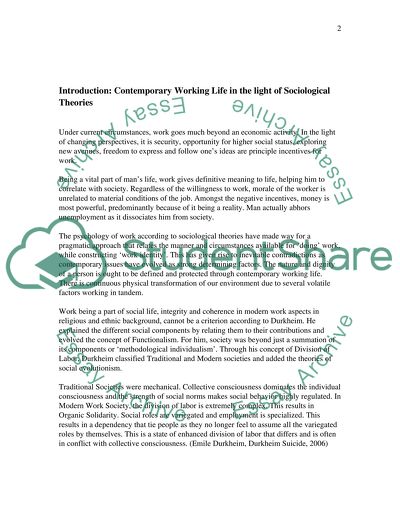Cite this document
(Contemporary Working Mode in Adelaide and Impact of Network Society on Literature review, n.d.)
Contemporary Working Mode in Adelaide and Impact of Network Society on Literature review. Retrieved from https://studentshare.org/sociology/1559759-sociology-of-work-assignment
Contemporary Working Mode in Adelaide and Impact of Network Society on Literature review. Retrieved from https://studentshare.org/sociology/1559759-sociology-of-work-assignment
(Contemporary Working Mode in Adelaide and Impact of Network Society on Literature Review)
Contemporary Working Mode in Adelaide and Impact of Network Society on Literature Review. https://studentshare.org/sociology/1559759-sociology-of-work-assignment.
Contemporary Working Mode in Adelaide and Impact of Network Society on Literature Review. https://studentshare.org/sociology/1559759-sociology-of-work-assignment.
“Contemporary Working Mode in Adelaide and Impact of Network Society on Literature Review”. https://studentshare.org/sociology/1559759-sociology-of-work-assignment.


